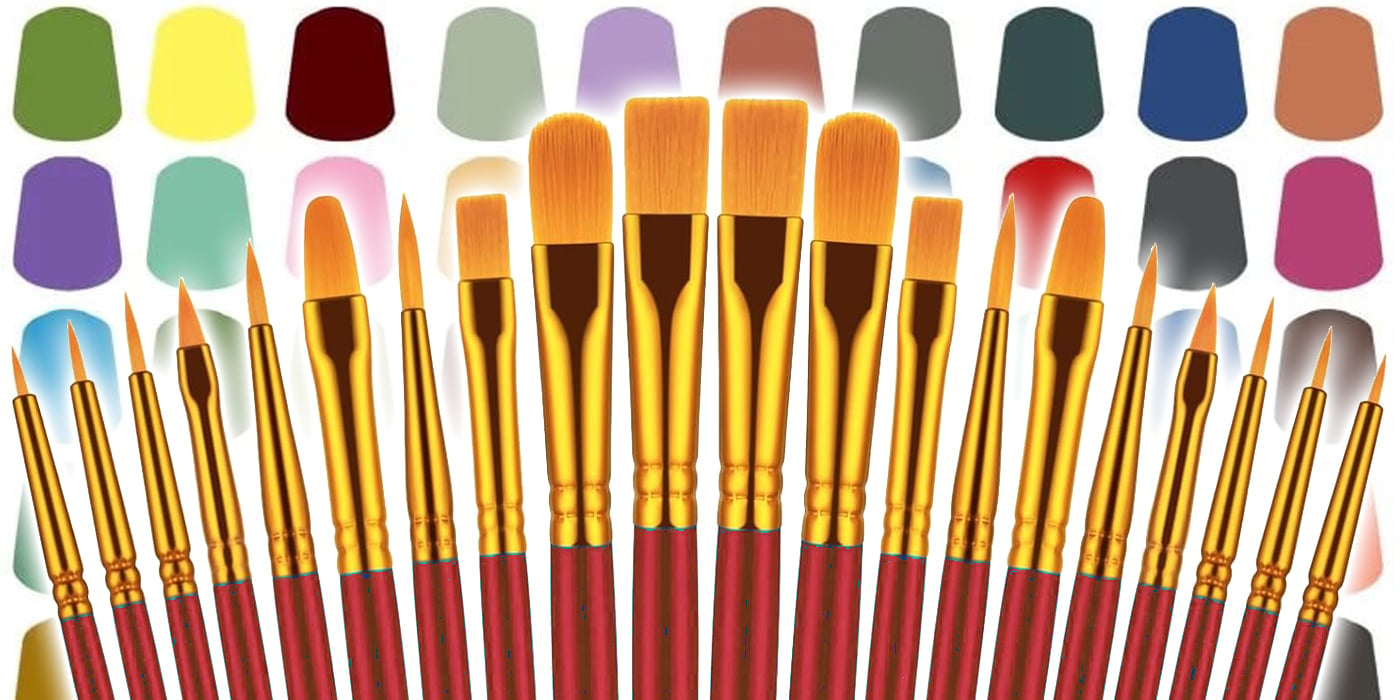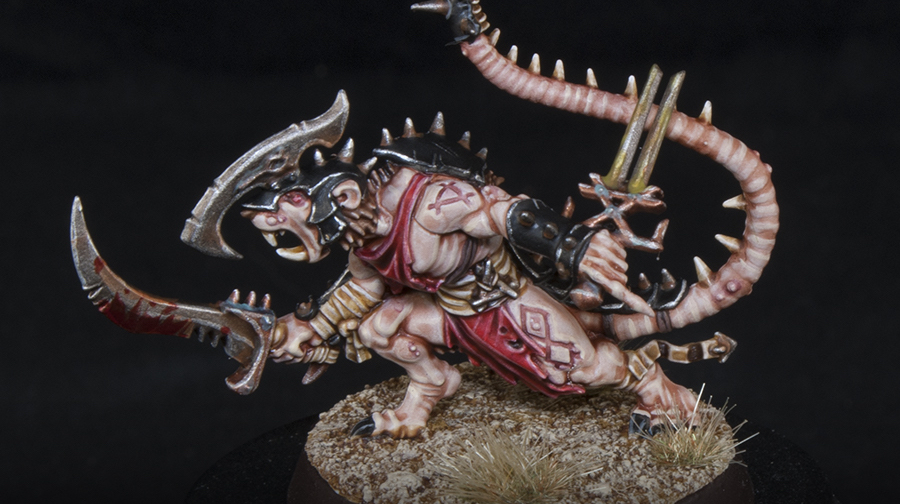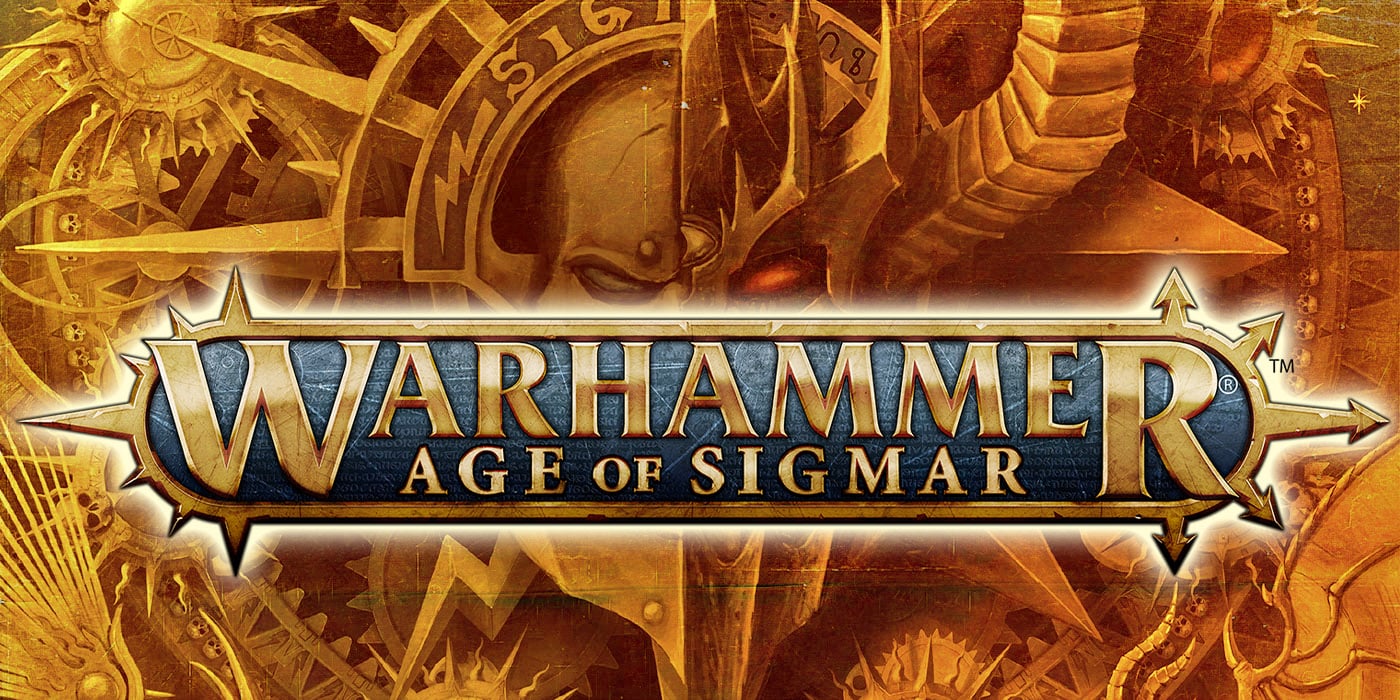TUTORIAL: Skaven Deathrunner


When I saw the announcement for the Spire of Dawn box I was bit by Skaven fever Luckily I had the Skaven Deathrunners just waiting to get started.
First off, I do have to give credit to Josh, a gamer I played at the Michigan GT. He had a wonderful looking Skaven army and told me that he painted all 2,000 points of it in a week by primarily using shades. It looked great and seemed like it would be fast to paint. This is what inspired me to try my odd way of painting orruk skin that I used in my Ironjawz tutorial. Now I got to try out the technique on a Skaven just like his army, so thanks Josh for the inspiration!
Step 1.
The whole model is primed with Corax White. Make sure you really have a good, solid coat of this.
Step 2.
All of the flesh areas was given a wash of Reikland Fleshshade. I didn’t dilute this at all. Make sure you keep moving with it. If you stop in the middle of an area, like the tail, and then come back to it you will have an ugly tide mark that you won’t want. You also need to be very careful with applying this. We want to keep anything that won’t be painted black or metal later on a clean white. To do this I used a Medium Artificer Brush instead of a shade brush so I could really control where I was putting the shade.
Step 3.
I then did the same thing as the last step but with Carroburg Crimson on the cloth areas. For this mini that mean his tabard thing. I also picked out the cuts and sores on his skin with this same color. The end of the tail got a wash of Carroburg Crimson mixed with Reikland Fleshshade with a few more layers progressively closer to the end of the tail to get a nice blend to a reddish color.
Step 4.
The cloth then got two glazes of Bloodletter Red. Let the first glaze dry completely before doing this.
Step 5.
Next I edge highlighted all of the skin and the red cloth with Flayed One Flesh. On the skin I just picked out the edges of muscles and other areas that needed to be defined. On the cloth I picked out the top of the folds and the edges. Keep your highlights as thin and controlled as you can.
Step 6.
The red cloth then got another glaze of Bloodletter Red to tone down the highlights and enrich the color more.
Step 7.
I went back over the highlights on the cloth with Flayed One Flesh again to brighten them up. I kept these more refined then last time.
Step 8.
The red then got a final wash of Carroburg Crimson to take a bit of the orange out of the red and darken the shadows a bit. I also picked out his eyes at this point with Carroburg Crimson to make them stand out a bit more.
Step 9.
All of the fur was painted with Agrax Earthshade. I did two coats of this to get a solid color. I had gone over the fur earlier with the Fleshshade in step 2 to help tie the colors together more. I also picked out his nose with this color.
Step 10.
All of the wrappings, bandages, and teeth and spikes were washed with Seraphim Sepia.
Step 11.
These were then edge highlighted with White Scar. The spike just got some white near the tips.
Step 12.
They were finally washed with some watered down Agrax Earthshade to give them a bit more definition and tone down the highlights a bit. The teeth and spikes just had the Agrax Earthshade painted around the base of them. I also painted the leather straps with Rhinox Hide and highlighted them with Gothor Brown.
Step 13.
All of the areas that were going to be black were painted with Abaddon Black. This is mostly his armor, but also his claws on his toes.
Step 14.
All of the metal areas were base coated with either Leadbelcher or Balthasar Gold. This includes his weapons, throwing stars, spikes on his armor, and other random areas.
Step 15.
These were then all shaded with an even coat of Agrax Earthshade.
Step 16.
All of the metal areas were edge highlighted with Stormhost Silver, including both the silver and the gold. The edges of the black armor were also highlighted with Stormhost Silver. This is to make the armor look beaten and worn with the metal showing through. Be sure to paint a few scratches onto the armor at this point but keep all of the highlights thin. If you go too thick in areas just go back with Abaddon Black and neaten them up.
Step 17.
I used heavily watered down Skragg Brown to add rust to the silver areas and Nihilakh Oxide for the gold areas. Be sparing with these, you don’t want to over do it.
Step 18.
The claws and bit of black cloth on his tail were highlighted with Dawnstone and his eyes were painted with Mephiston Red. The eyes then got a highlight of Mephiston Red mixed with a bit of white.
Step 19.
After that was done I bade him (I used Armageddon Dust for mine, but base yours how you want) and sealed him with some Testors Dullcote. As a finishing touch I used some Blood for the Blood God on his larger knife and a bit of Nurgle’s Rot on his knife to make it look like it is coated in some form of venom or posion, and he’s all done!
I really like how he turned out and he only took me 2 – 4 hours. It was hard for me to keep track of because there was so much drying time for the different shades and I had to stop to do various other things. I painted him over two days though with just a bit of time each day.
If I were too use this scheme and technique across a whole army I would might simplify the red down by a few steps. It wouldn’t look as refined, but it would still look good.
I was particularly pleased with how good the skin looks with just a wash of Reikland Fleshshade over white followed by one highlight. If you want pale skin this is a super easy way to go and would work nicely for Dark Aelves, Bloodreavers, and more.
I don’t know if I’ll ever start my Skaven army, but I at least know how I would paint them now and have one of the two Deathrunners done for it.
I hope you found this helpful. If you have any questions let me know in the comments below!
Until next time,
Tyler M.
Tyler is a life long painter and hobbyist and took home his first Golden Demon award at the 2012 Chicago Games Day with a follow up at the 2013 North American Games Day. More of his work can be found at his blog, Mengel Miniatures.











